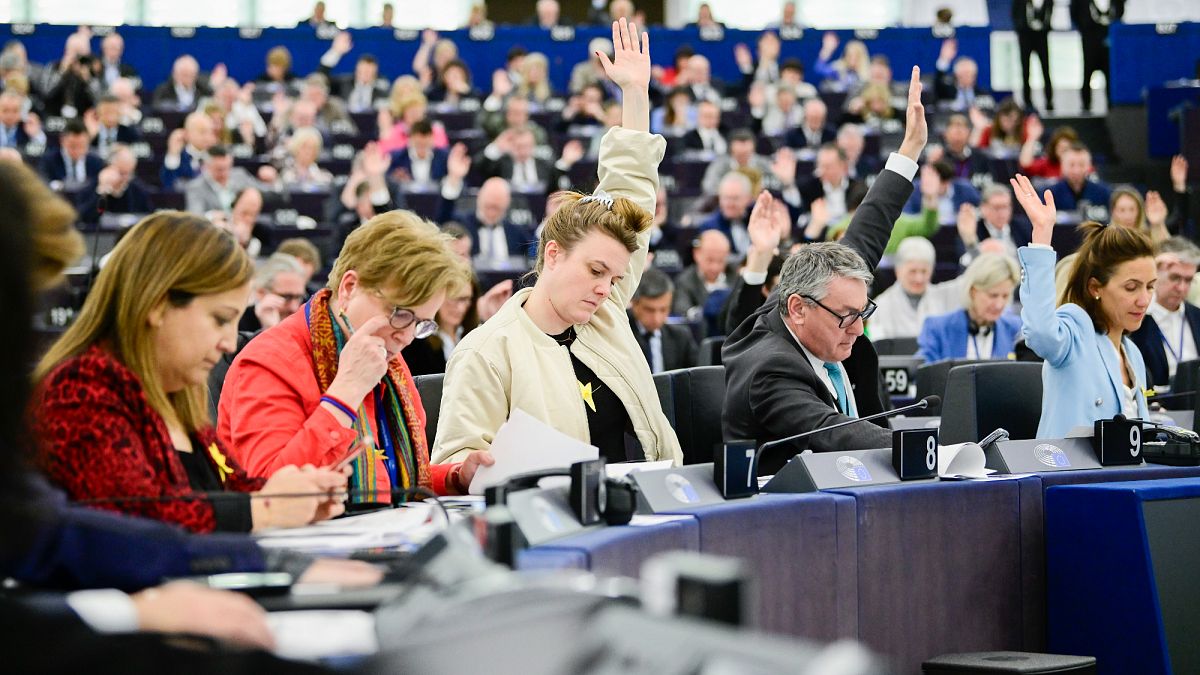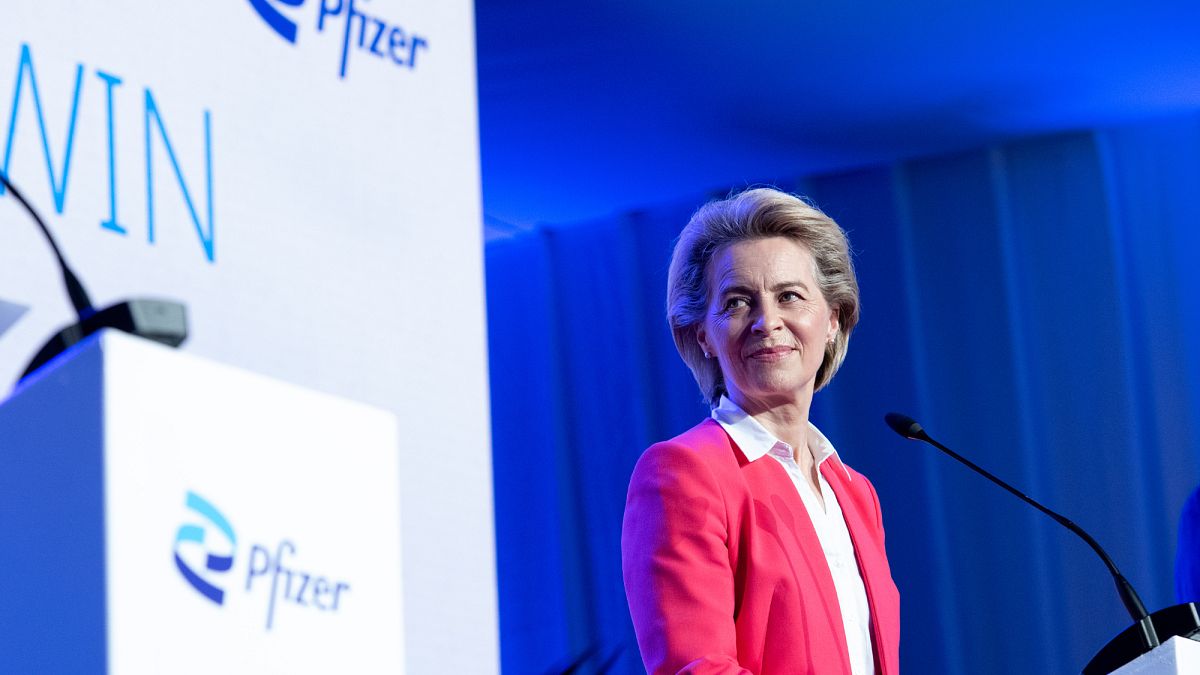TikTok's fate arrives at the US Supreme Court in a case that represents a collision of free speech and national security.
TikTok's fate will be on the line in the United States on Friday as the country's Supreme Court hears arguments on a law passed to force a sale or ban the short-form video app.
The US Congress passed legislation last year with wide bipartisan support requiring TikTok's Chinese parent company ByteDance to divest from the social media platform or face a ban over national security concerns.
TikTok has said that it will shut down the platform by January 19 unless the Supreme Court strikes down or otherwise delays the effective date of the law.
The justices also have before them a plea from US President-elect Donald Trump, who has dropped his earlier support for a ban, to give him and his new administration time to reach a "political resolution" and avoid deciding the case.
It's unclear if the court will take the Republican president-elect's views, a highly unusual attempt to influence a case, into account.
TikTok and ByteDance, in addition to content creators and the app's users, argue the law is a dramatic violation of the Constitution's free speech guarantee.
"Rarely if ever has the court confronted a free-speech case that matters to so many people," lawyers for the users and content creators wrote.
'No evidence' China has taken TikTok data
The case represents another example of the court being asked to rule about a medium with which the justices have acknowledged they have little familiarity or expertise, though they often weigh in on meaty issues involving restrictions on speech.
The Biden administration, defending the law that President Joe Biden signed in April, contends that "no one can seriously dispute that (China's) control of TikTok through ByteDance represents a grave threat to national security".
Officials say Chinese authorities can compel ByteDance to hand over information on TikTok’s US patrons or use the platform to spread or suppress information.
But the government "concedes that it has no evidence China has ever attempted to do so," TikTok told the justices, adding that limits on speech should not be sustained when they stem from fears that are predicated on future risks.
In December, a panel of three appellate judges, two appointed by Republicans and one by a Democrat, unanimously upheld the law and rejected the First Amendment speech claims.
Adding to the tension, the court is hearing arguments just nine days before the law is supposed to take effect and 10 days before a new administration takes office.
The justices have set aside two hours for arguments, and the session likely will extend well beyond that.

 2 months ago
30
2 months ago
30






 We deliver critical software at unparalleled value and speed to help your business thrive
We deliver critical software at unparalleled value and speed to help your business thrive






 English (US) ·
English (US) ·